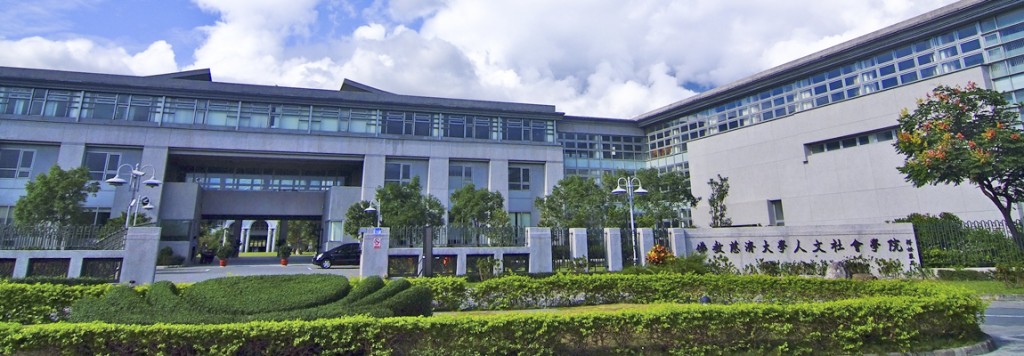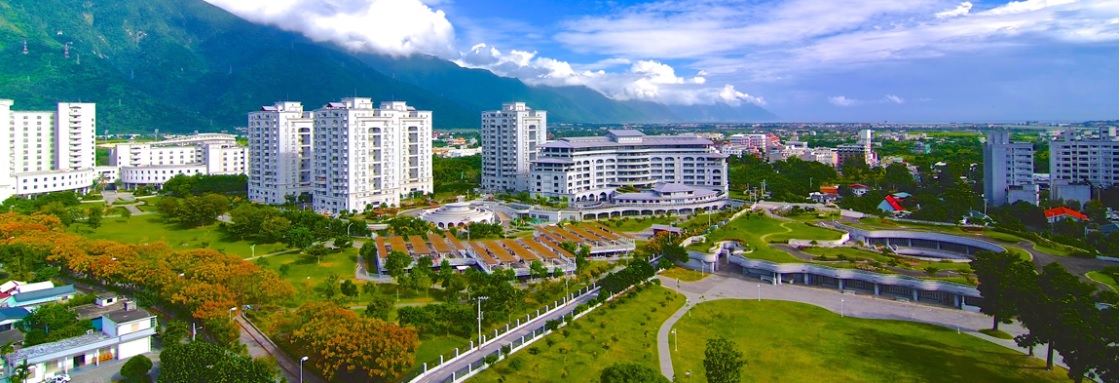About Us

Introduction to HuaLian
Hualien County is located in eastern Taiwan, in which the largest city is Hualian City, and one of the more pleasant small localities in Taiwan. Also, there are a numerous of beautiful sightseeing in Hualian County, including Taroko Gorge National Park, Coastal Highway 11, The Mugua River Gorge, The East Rift Valley, etc.
Hualien City is a county-administered city and the county seat of Hualien County, Taiwan. It is located on the east coast of Taiwan on the Pacific Ocean, and has a population of 106,368 inhabitants. Hualien County annals record that the city was called "Kiray" until the early twentieth century. This name refers to the Sakiraya Taiwanese aborigines and their settlement. In Hualian, climate is closer to humid subtropical zone, therefore, Hualien experiences a tropical rainforest climate with frequent cyclones, as it borders the Pacific Ocean.
If you want to have more information related to Hualian and the beautiful sightseeing, you can log on the English websites as https://bit.ly/2ERy24M , or you can also access the Chinese websites as https://bit.ly/2JZ9j2H.
Introduction to the Department of Foreign Languages and Literatures
Established in 2004, the Department of Foreign Languages and Literatures focuses on the development of well-rounded graduates with an understanding of Western literature and culture as well as practical language abilities. At the same time it serves to nurture individuals who can contribute much to the development of Tzu Chi. An emphasis on students' independent skills and study efficiency ensures that, apart from finding work in the field of culture, graduates are also highly capable in fields which require English language knowledge and abilities. Opportunities to take additional specialized credit clusters provide further career possibilities.
EDUCATIONAL AIMS AND CORE STUDENT ABILITIES
Educational Aims:
- Promotion of Tzu Chi’s Humanistic Spirit. Guidance in the pursuit of truth, goodness and beauty, and of self-enrichment and care for the world.
- Development of talents for English language-related and Spanish language-related fields of work.
Core Student Abilities:
- Practical engagement with Tzu Chi Humanistic principles and spirit.
- Practical abilities in listening, speaking, reading and writing, and in translation.
- Basic academic competence for English language and literature.
- Professional skills in language service industries.
TEACHING AND LEARNING AIMS:
In terms of practical English ability, students reach four targets: competent listening and speaking, advanced reading, fluent writing, and effective translation. Additionally, students are expected to reach a minimum of upper-intermediate level in the General English Proficiency Test (GEPT). Turning to western literature and culture, students gain a systematic overview of English, American and European literature; a secure understanding of and independent insight into the three main genres of poetry, drama and the novel; and a basic knowledge of literary theory and related topics, which may include feminism and the relationship between literature and art.
The department is concerned to produce highly employable graduates. In order to achieve this aim, professional knowledge and language training are equally valued; and the curriculum design also includes vocationally oriented courses.
The department holds a great many research, cultural and leisure activities. There is an annual academic conference as well as a series of guest lectures. Other activities include graduation drama performances, and an ‘English Week’ which includes contests for short plays and debating. Western festivals such as Christmas are marked with a variety of events. In addition, the department publishes Qpanhan (‘cropland’ in the indigenous Truku language), a journal dedicated to students’ writing in both English and Chinese; this provides a wonderful practical opportunity for student writers and editors.
CAREER PLANNING:
Graduating students are suited to a number of future work opportunities.
- They may undertake further study in Taiwan or abroad in fields such as translation studies, comparative literature, linguistics, journalism and mass communications.
- They may become teachers of English.
- They may work in fields requiring knowledge of or ability in English, such as culture, translation, interpreting, newspaper or magazine editing, and journalism.
- They may actively pursue graduate-level career opportunities linked to their developing experience and interests; such opportunities commonly demanding ability in English and familiarity with Western culture include tourism, industry, commerce and banking.

